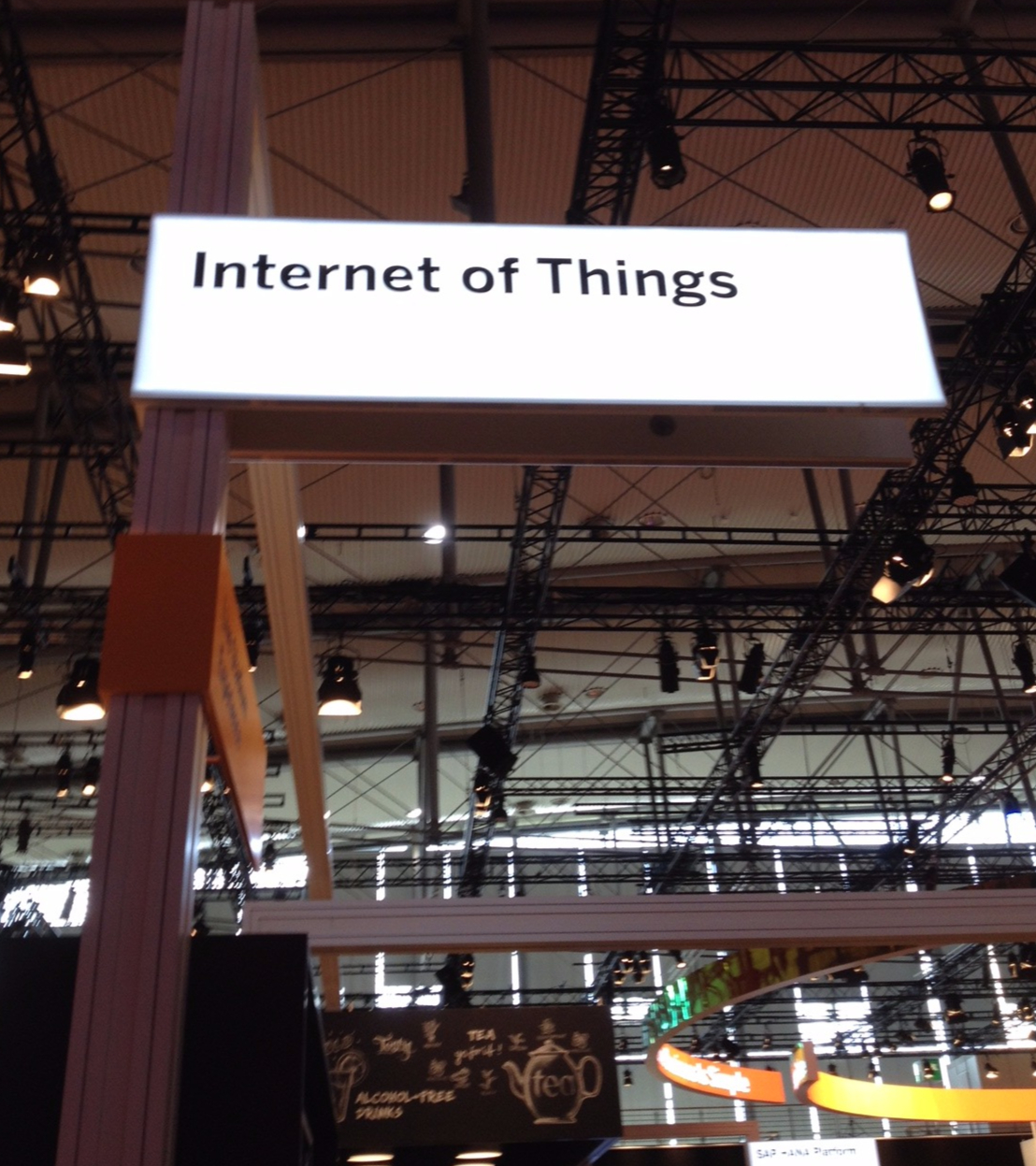The rising tension between IoT and ERP systems

Enterprise resource planning (ERP) systems have been on the scene for many years now, spitting out and consuming data on a range of functions, from the production-floor to the finance office. Now, with the rise of the Internet of Things (IoT), an entire new frontier is opening up. However, so far, there is precious little connectivity between the older world of ERP and this new frontier of IoT.

That's the takeaway of a recent IFS survey of 200 marketing and contracting managers, which finds that only 16% consume IoT data in enterprise resource planning (ERP) software. "That means 84% of industrial companies face a disconnect between data from connected devices and strategic decision making and operations, limiting the digital transformation potential of IoT," the report's authors state.
"Not even the most advanced companies were very likely to say their enterprise software did a very good job helping them consume IoT data," says Rick Veague, chief technology officer for North America at IFS. "The ability of ERP and other software applications to support IoT is still not robust enough."
To move to the next level of digital, IT leaders need to bring their ERP environments into the IoT space -- extending connectivity between internal corporate systems and partners to devices and sensors out in the field. There's an urgent business case to be made as well -- IoT is transforming business models from simply manufacturing and pushing products out the door to becoming highly engaged service providers.
The IFS survey includes the following observations about the challenge:
IoT and digital transformation go hand in hand: If you want to digitally transform, you need to seriously engage in IoT, the survey's authors state. Otherwise, disruptive innovators may come into the market and do it for you. "Larger organizations were more likely to report that their enterprise software was an impediment to digital transformation, for instance,even though they are more likely than any other demographic to report sensoring more than 90 percent of their equipment.," says the report. "This would suggest large companies may have sensors on much of their equipment but lack the wherewithal to funnel the data from these connected devices into their enterprise systems.The implication is clear--larger companies must get serious about ensuring their enterprise software streamlines bilateral integration with connected devices or risk losing the digital transformation race to smaller, more nimble, companies."
Enterprise software must facilitate IoT: "ERP systems have long focused on tying systems together, from plant floor to financial systems," the survey's authors state. Now, digital transformation depends "largely on the ability of each company to extend IoT data from the plant floor or the field to the C-suite." The challenge, then, is for enterprise software to facilitate "direct communication between enterprise systems like ERP, enterprise asset management and field service management software and sensored devices on the plant floor--or distributed assets in the field."
Enterprise software must facilitate IoT: "Direct communication between enterprise systems like ERP, EAM and field service management software and sensored devices on the plant floor--or distributed assets in the field--will be essential for organizations to achieve the more advanced use cases for IoT," the IFS report states. While 58% of the most advanced companies are able to deliver IoT data through their process automation systems, only 34% are able to leverage data from their manufacturing execution systems, and 19% are able to correlate data with ERP systems. Remember, these are the most digitally advanced companies in the sample.
Perhaps it's a matter of mixing apples and oranges -- at least that's the perception. "IoT is a very specific thing. Digital transformation is a concept," says Veague. "Trying to correlate these things is difficult. In order to realize business growth, companies must not only think more creatively about IoT, but be able to use IoT data in the context of their business, which likely means tighter integration with applications like ERP."